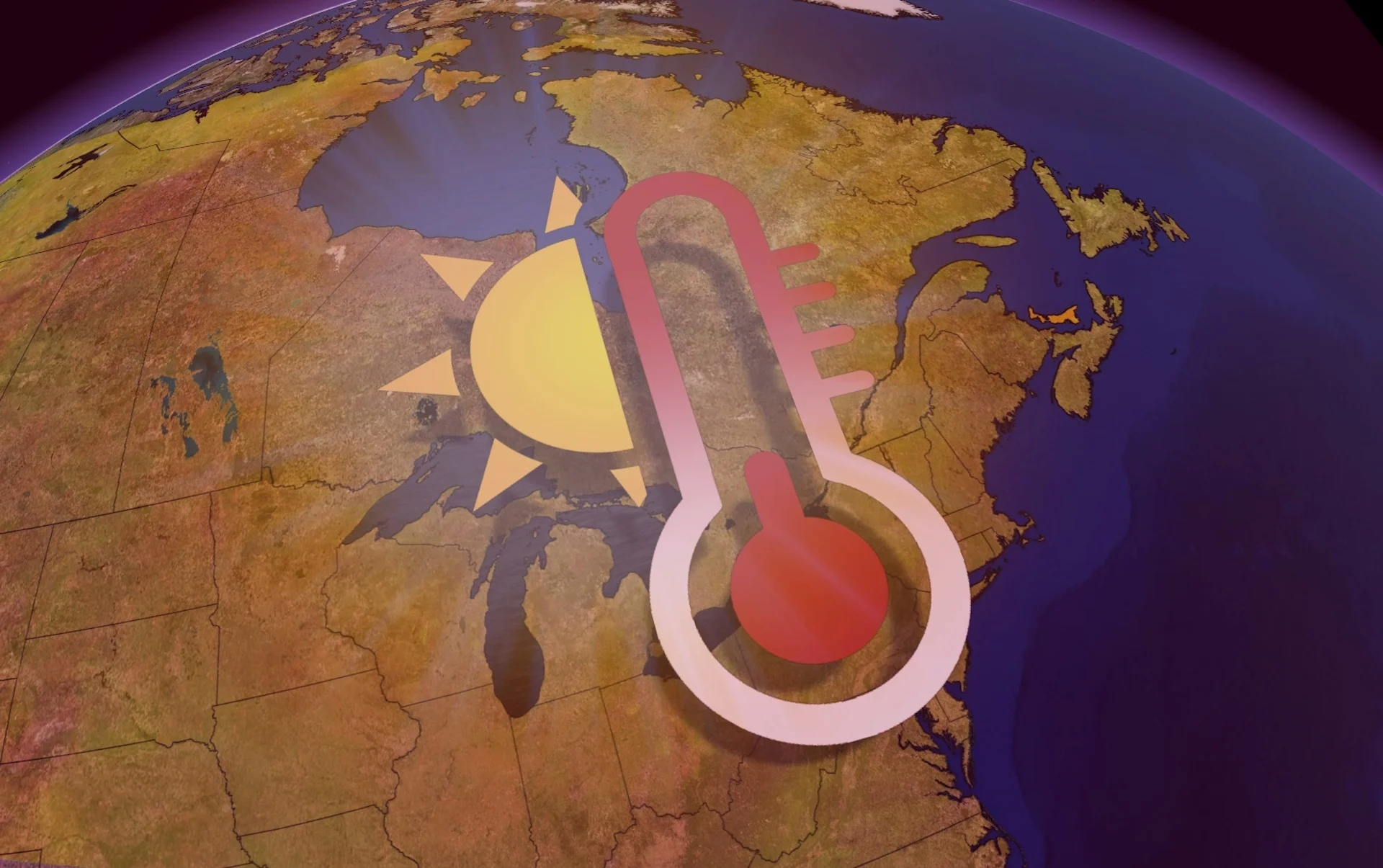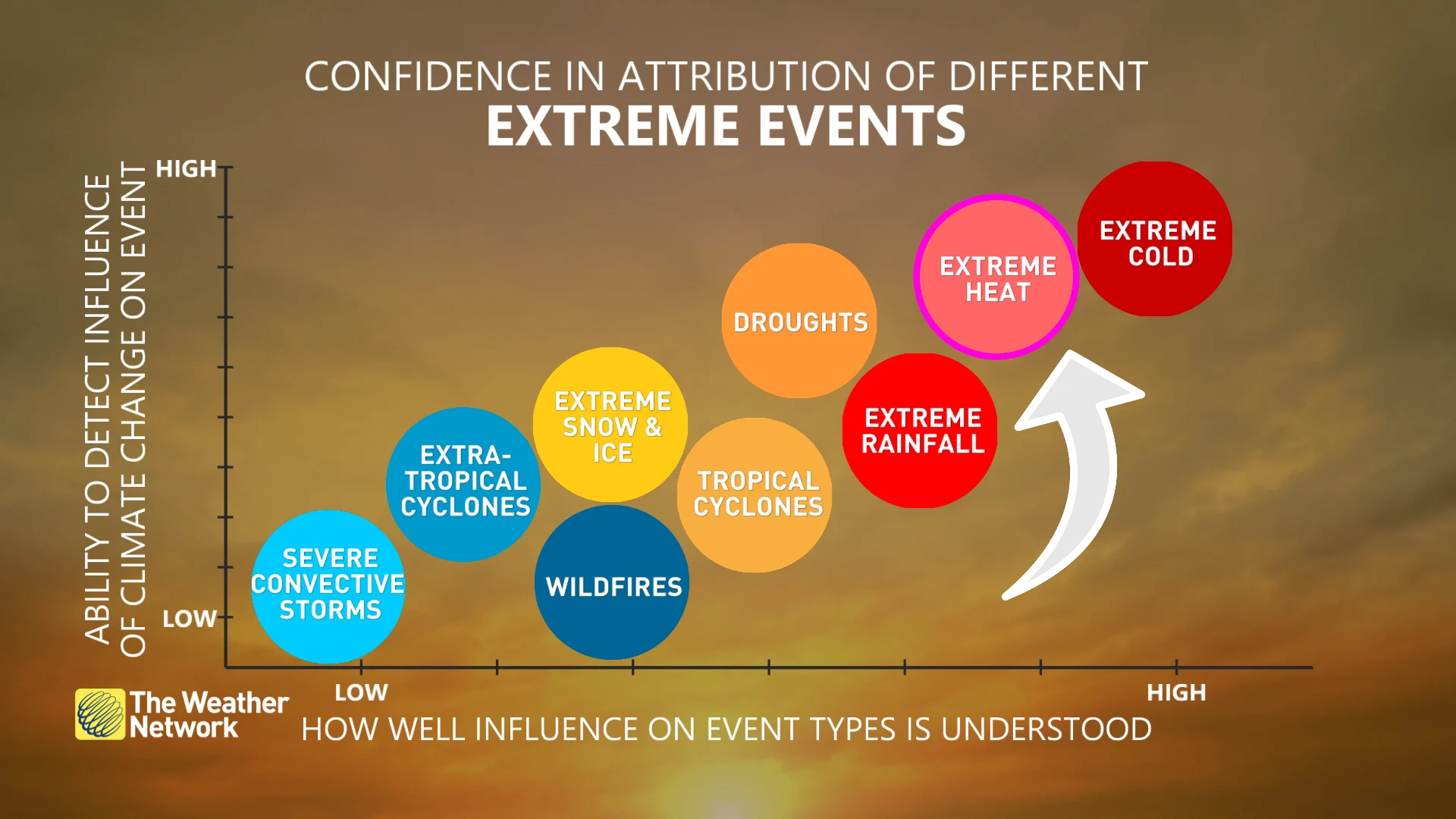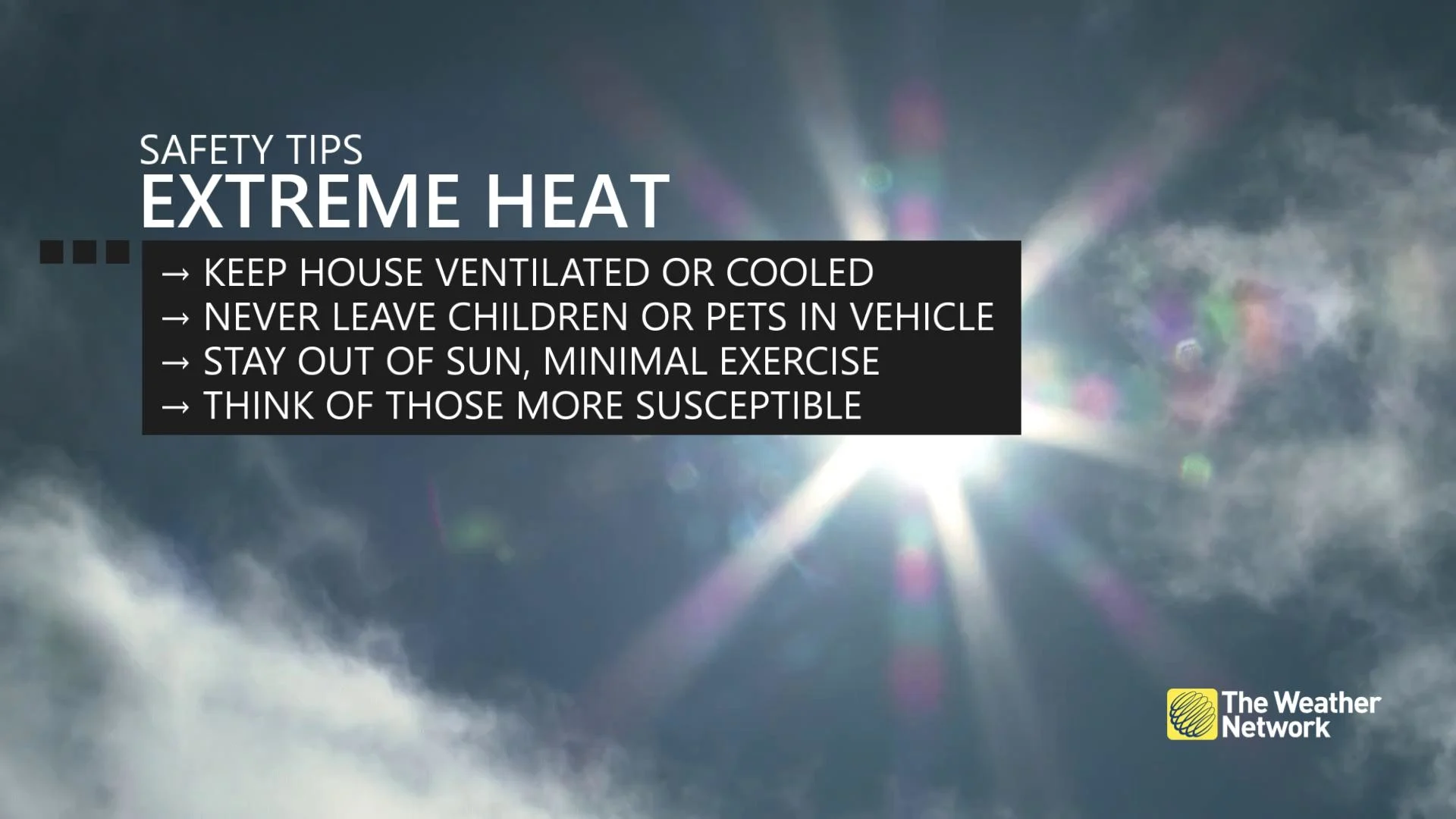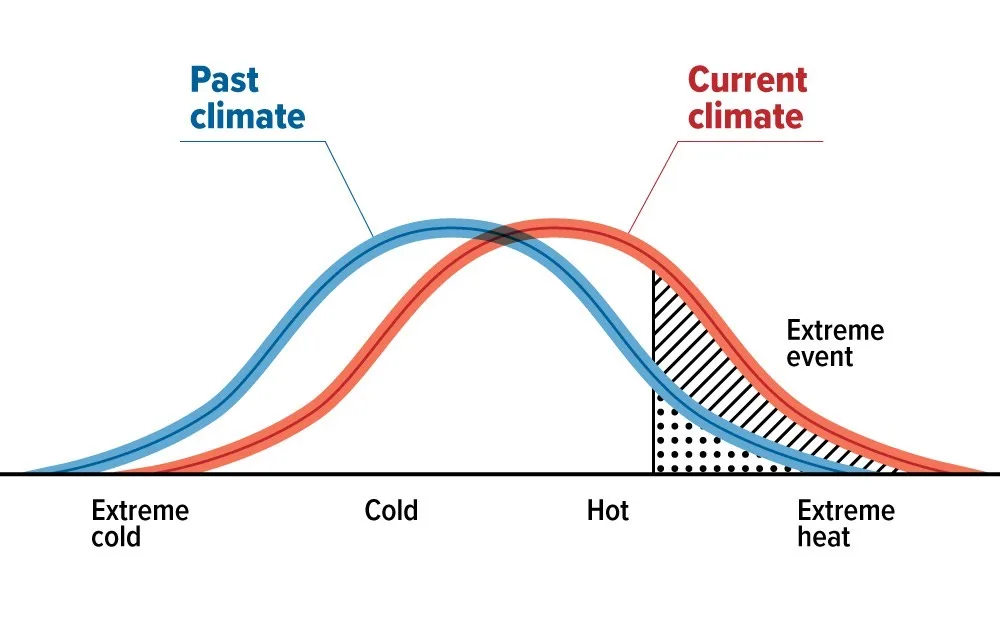
Eastern Canada's June heat wave 'much more likely' due to climate change
Environment and Climate Change Canada (ECCC) determined June's heat wave in Eastern Canada was "much more likely" as a result of human-caused climate change
This summer has seen some periods of extreme heat in Canada, especially in the East.
The frequency and severity of heat events are on the rise globally as a result of climate change. To be able to connect such occurrences to climate change in Canada, Environment and Climate Change Canada (ECCC) established a rapid extreme weather event attribution system.
SEE ALSO: World registers hottest day ever recorded on July 21, monitor says
Its system compares climate simulations to uncover how human-caused climate change affected the chances of an extreme weather event.
As part of the pilot phase, ECCC examined data recorded during a June 2024 heat wave that impacted Eastern Canada. The results, which were released last month, shouldn't come as a surprise: Analysis determined that human-caused climate change made the heat waves "much more likely," it said in a news release.

The dates of the heat wave and the regions it impacted were as follows:
Eastern Ontario: From June 17-19, a heat wave reached a peak temperature of 29.0 C, averaged over the region –– 7.4 C above normal.
Southern Quebec: From June 18-20, a heat wave reached a peak temperature of 29.5 C, averaged over the region –– 10.7 C above normal.
Northern Quebec: From June 18-20, a heat wave reached a peak temperature of 21.5 C, averaged over the region –– 7.2 C above normal.
Atlantic Canada: From June 18-20, a heat wave reached a peak temperature of 26.1 C, averaged over the region –– 10.6 C above normal.
"During the rapid extreme weather event attribution system’s pilot stage, Environment and Climate Change Canada scientists will only analyze heat waves. Work is underway to extend this system to analyze extreme cold temperature events and extreme precipitation," ECCC said in the news release.

Phase 1 to review 17 heat waves across Canada
During the pilot phase of the project, scientists will comb over extreme temperature events in 17 regions across Canada that are experiencing far-higher daytime highs than usual.

(buzbuzzer/ E+/ Getty Images)
The regions to be covered include Alberta, Atlantic Canada; eastern and western Ontario; Fort Smith and Inuvik, N.W.T.; Kitikmeot, Kivalliq, northern and southern Qikiqtaaluk, Nvt.; Manitoba; northern and southern British Columbia; northern Quebec; Saskatchewan; southern Quebec; and the Yukon.
"As the planet continues to warm, we experience changes in the strength and frequency of extreme weather events. Human activities, mainly greenhouse gas emissions, are causing more extreme heat events, which can drive wildfires and drought, less extreme cold, shorter snow and ice-cover seasons, thinning glaciers and thawing permafrost," said ECCC.
The federal government body simulates two different climate periods in its system to determine a connection: The climate of the 1800s, based on levels of atmospheric gases that existed before the Industrial Revolution, and the current climate, based on observed levels of greenhouse gases and other results of human activity.

Within just days of an event, scientists can contrast the number of heat waves in the simulated climates to compute how much human activity has changed the likelihood of the heat wave occurring.
For now, the rapid extreme weather event attribution system will focus on heat waves. However, ECCC says the structure will be expanded to include extreme cold weather events and extreme precipitation.
WATCH: The ocean is holding more heat now than ever before due to climate change
Follow Nathan Howes on X, formerly known as Twitter.











